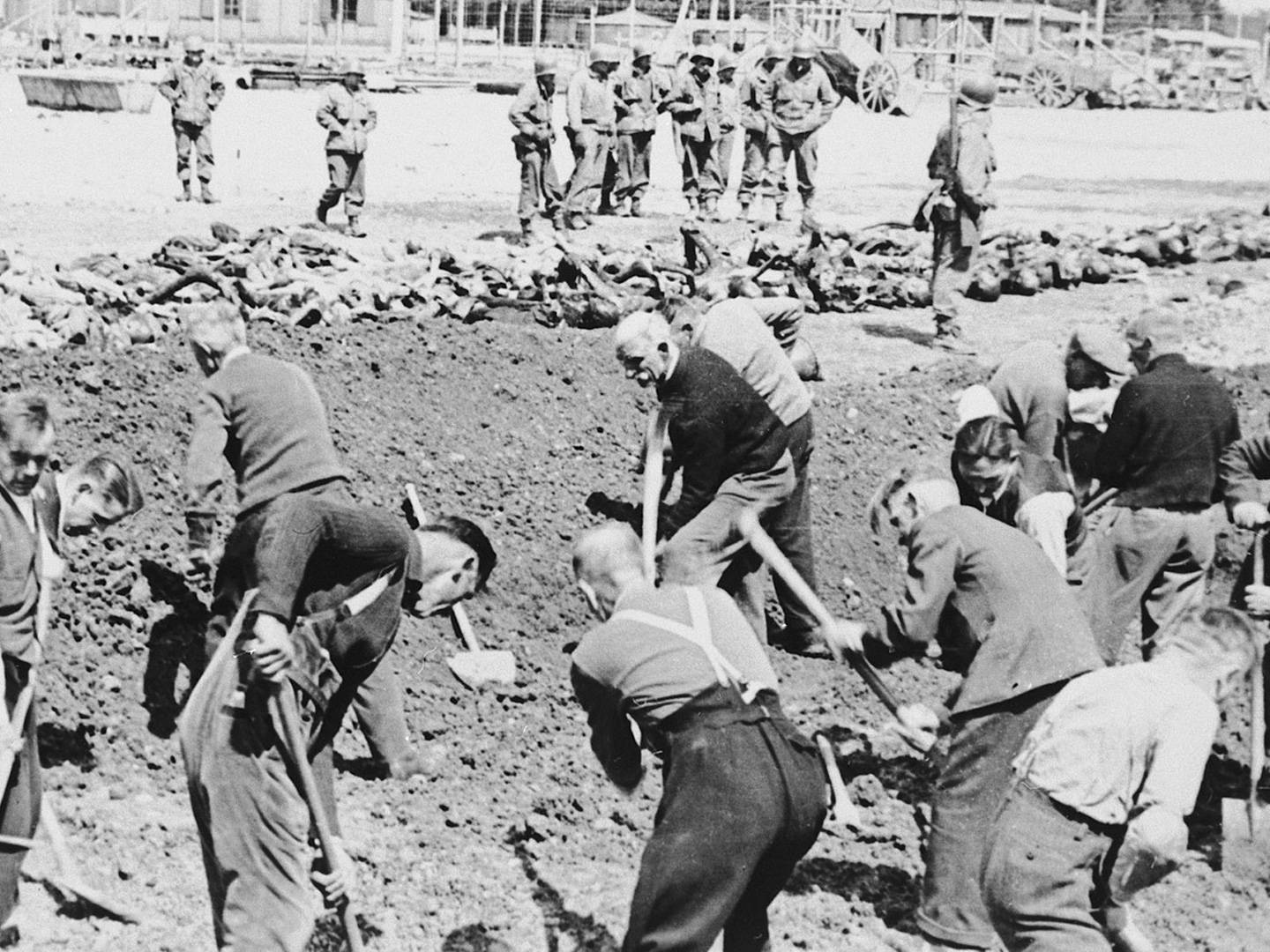Death
The prisoners at Landsberg/Kaufering concentration subcamp complex lived in inhuman conditions. As well as insufficient hygienic conditions, they suffered from a lack of food and suitable clothing.
On a morning, concentration camp prisoners received a type of coffee substitute. During a work stint they were given a thin soup, and on an evening in camp they got soup and some bread. Sick prisoners got less food than the forced labourers.
In addition to terror and abuse suffered at the hands of the guards, diseases were a constant companion of concentration camp prisoners. Typhus and spotted fever spread like wild fire in the narrow living quarters. Prisoners from Landsberg/Kaufering concentration subcamp complex who were sick or unable to work, were selected and deported to Auschwitz extermination camp where they were murdered.
I think about how a dead man lay at my side one night. From Lodz. He was a friend. But we had to keep him [in the barracks] for the day and pay the kapo something, perhaps cigarettes or whatever we had leftover, so that he would tell the commandant that the other was just a bit sick. Then he is not removed from the barracks, and we receive his portion of food for the day.
– Bernhard Marks about death
Selections also took place in order to transfer sick prisoners to what were redesignated as Kaufering IV sick camp (death camp) and Kaufering VII. Medication or dressings were hard to come by. The death rate at the concentration subcamps and construction commandos was particularly high: During his trial, Camp Commandant Otto Förschner estimated the weekly death rate at 100 to 200 people for camp IV. At first, they were transported to Dachau crematorium and then buried in nearby mass graves.
Over 6,500 people – known by name – died at Landsberg/Kaufering concentration subcamp complex. 3,500 concentration camp prisoners were deported to other camps such as Auschwitz concentration camp, where they were killed immediately in most cases. Other concentration camp prisoners died on death marches in late April 1945.
We had many deaths every day. Because work was difficult, the day was long and we didn’t get much to eat. This was not a slave labour, but rather a “starvation camp” with labour, with forced labour.
– Bernhard Marks about death


